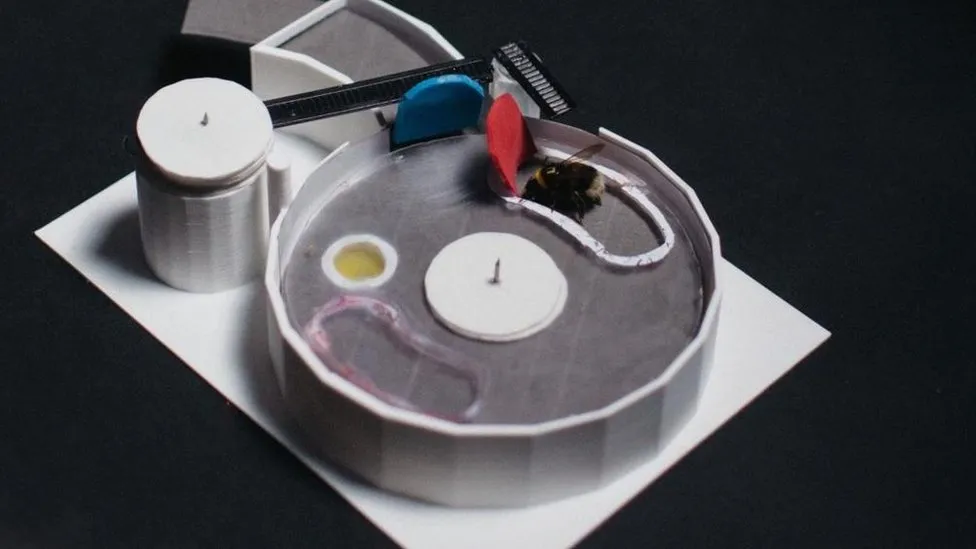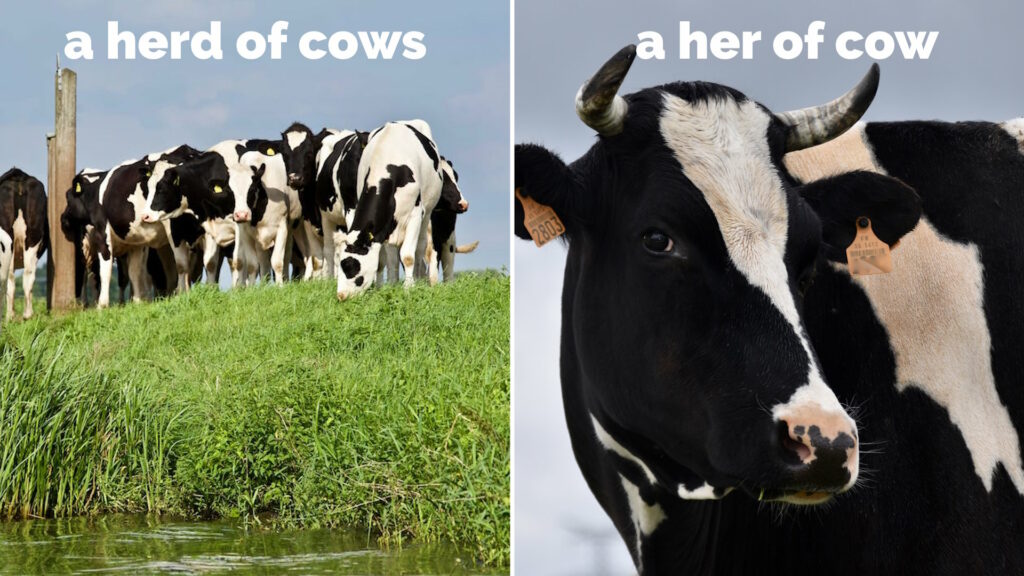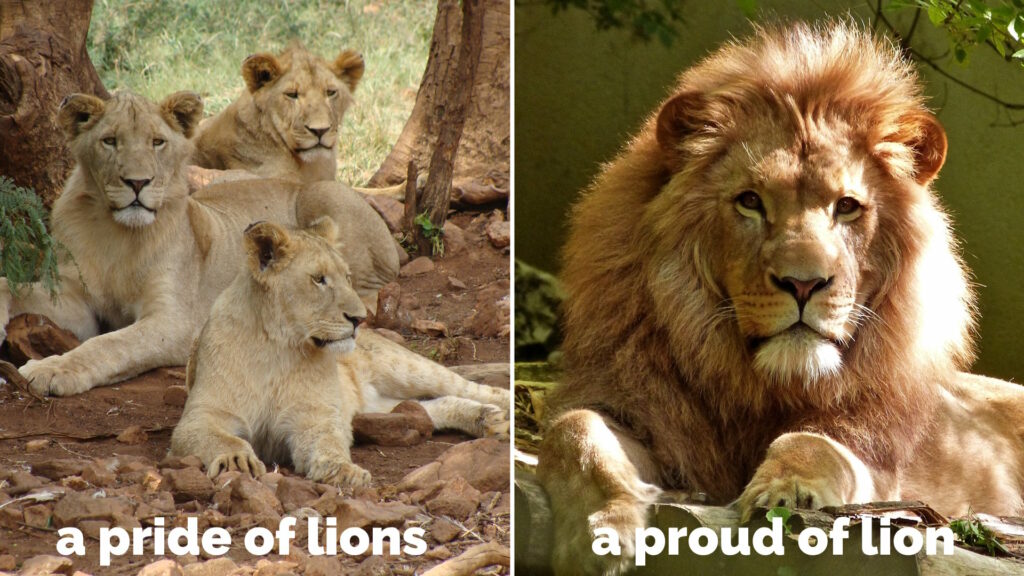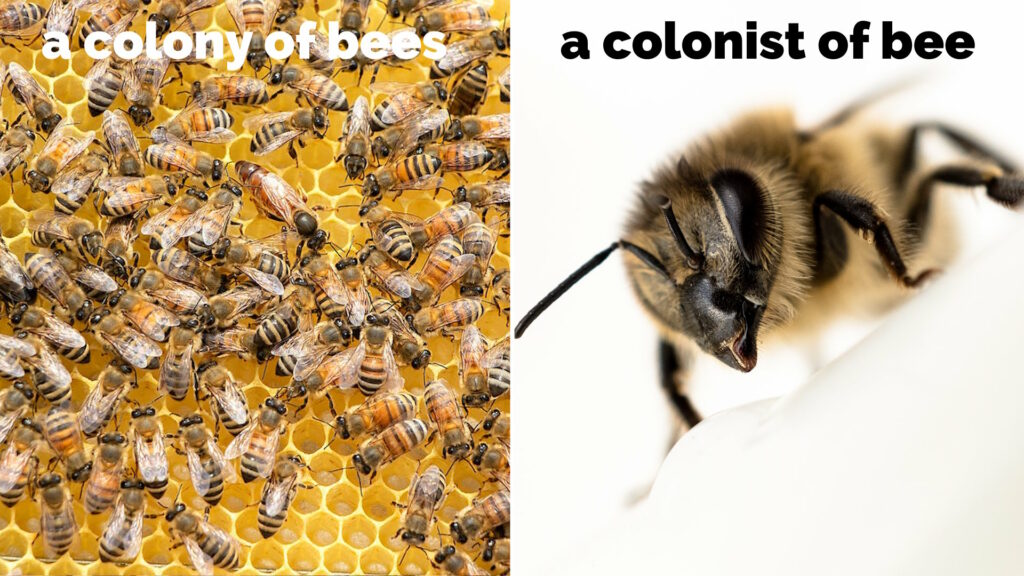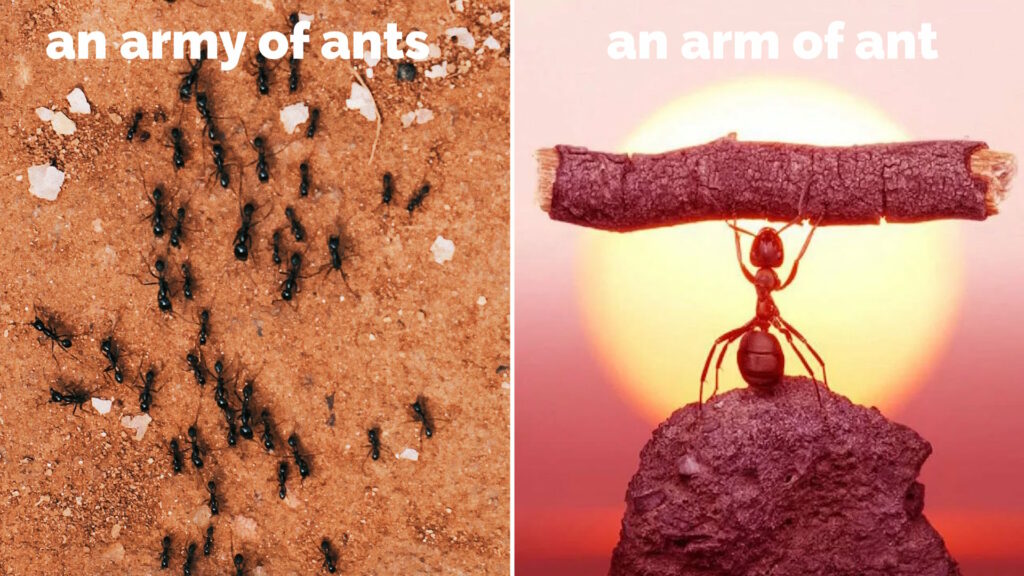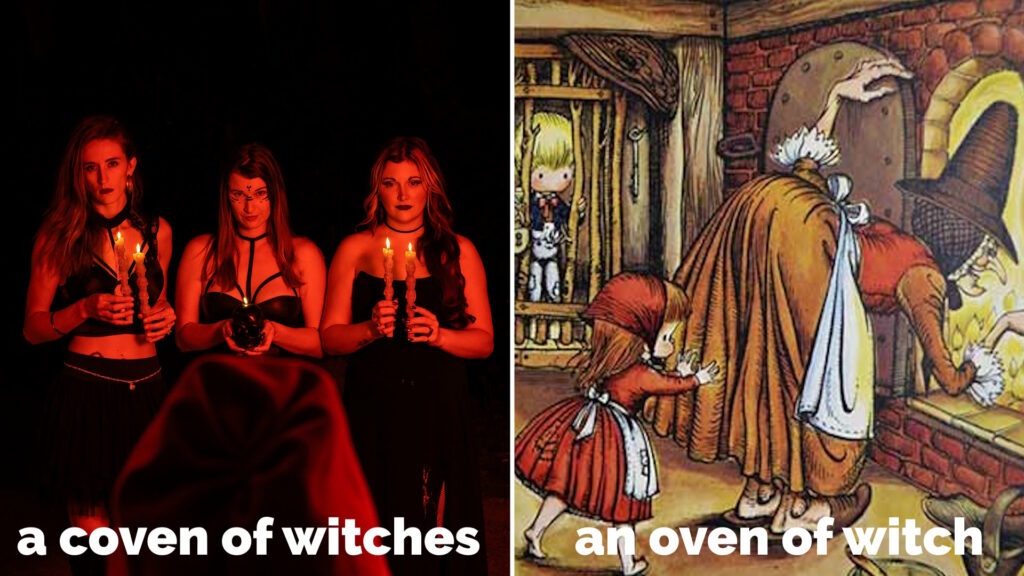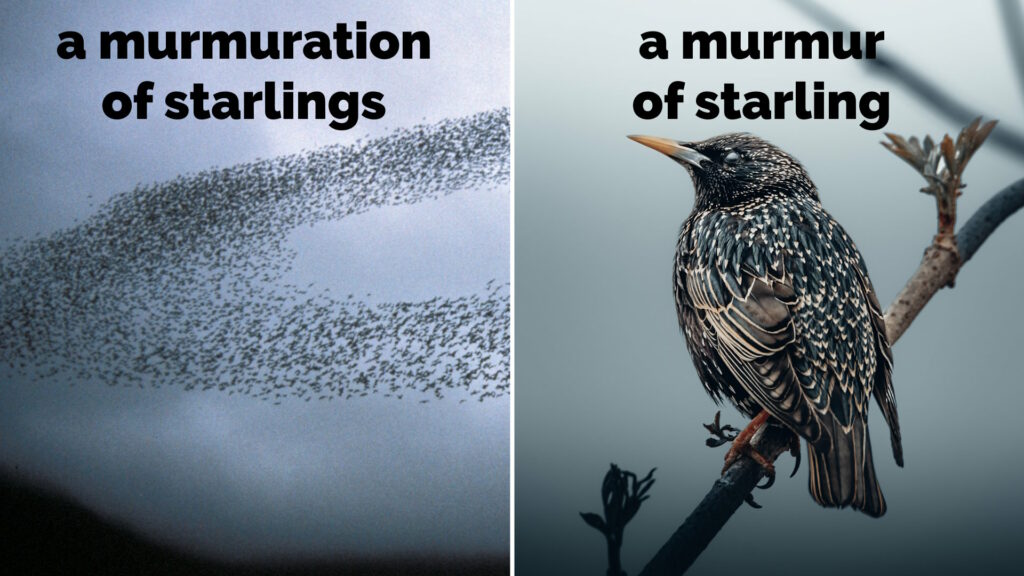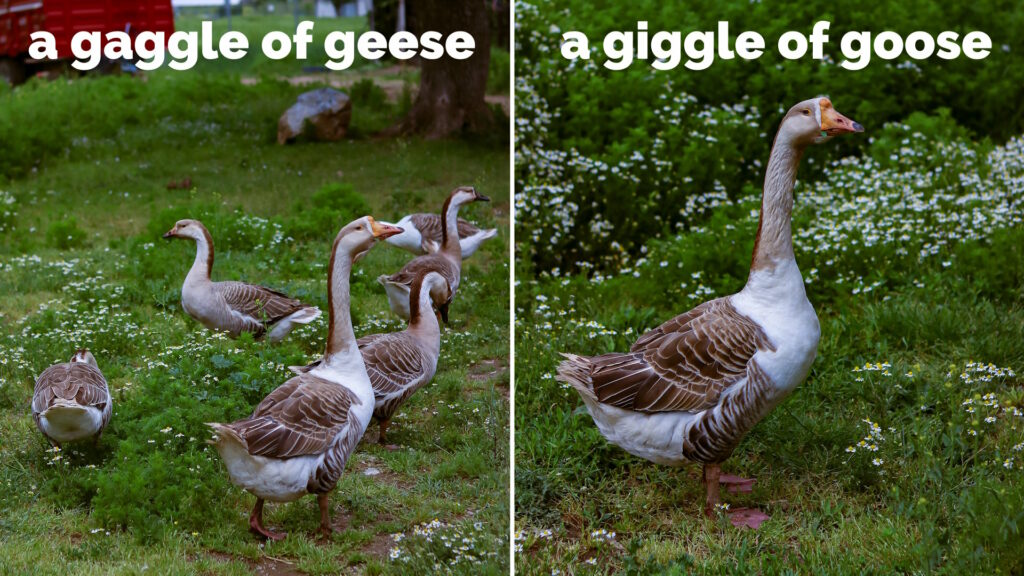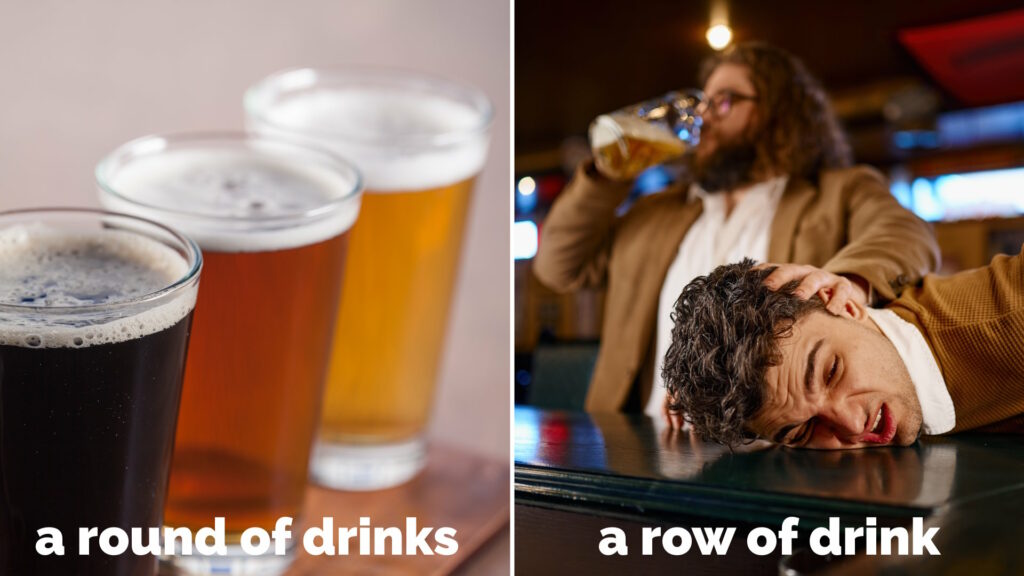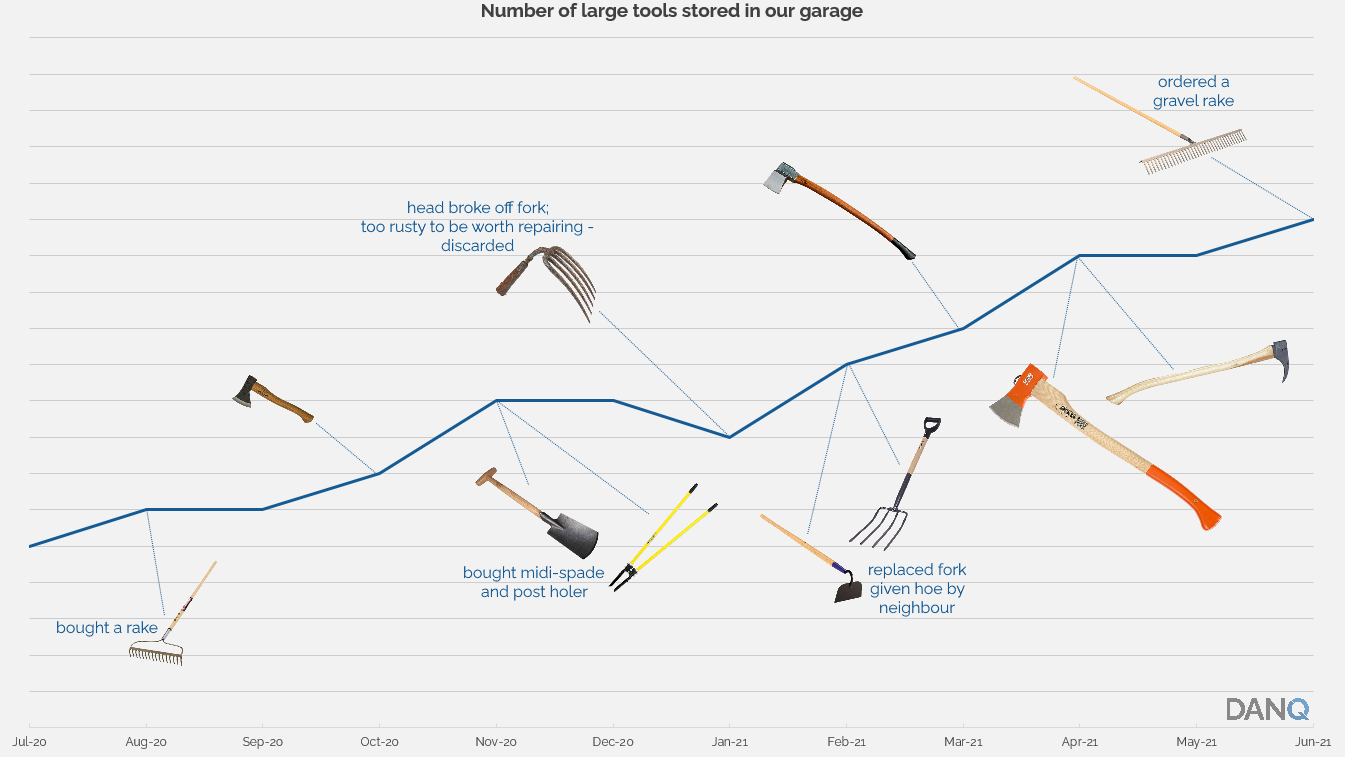…
First, bees had to push a blue lever that was blocking a red lever… too complex for a bee to solve on its own. So scientists trained some bees by offering separate rewards for the first and second steps.
These trained bees were then paired with bees who had never seen the puzzle, and the reward for the first step was removed.
Some of the untrained bees were able to learn both steps of the puzzle by watching the trained bees, without ever receiving a reward for the first step.
…
This news story is great for two reasons.
Firstly, it’s a really interesting experimental result. Just when you think humankind’s learned everything they ever will about the humble bumblebee (humblebee?), there’s something more to discover.
That a bee can be trained to solve a complex puzzle by teaching it to solve each step independently and then later combining the steps isn’t surprising. But that these trained bees can pass on their knowledge to their peers (bee-ers?); who can then, one assumes, pass it on to yet other bees. Social learning.
Which, logically, means that a bee that learns to solve the two-lever puzzle second-hand would have a chance of solving an even more-complex three-lever puzzle; assuming such a thing is within the limits of the species’ problem-solving competence (I don’t know for sure whether they can do this, but I’m a firm bee-lever).
But the second reason I love this story is that it’s a great metaphor in itself for scientific progress. The two-lever problem is, to an untrained bee, unsolvable. But if it gets a low-effort boost (a free-bee, as it were) by learning from those that came before it, it can make a new discovery.
(I suppose the secret third reason the news story had me buzzing was that I appreciated the opportunities for puns that it presented. But you already knew that I larva pun, right?)
